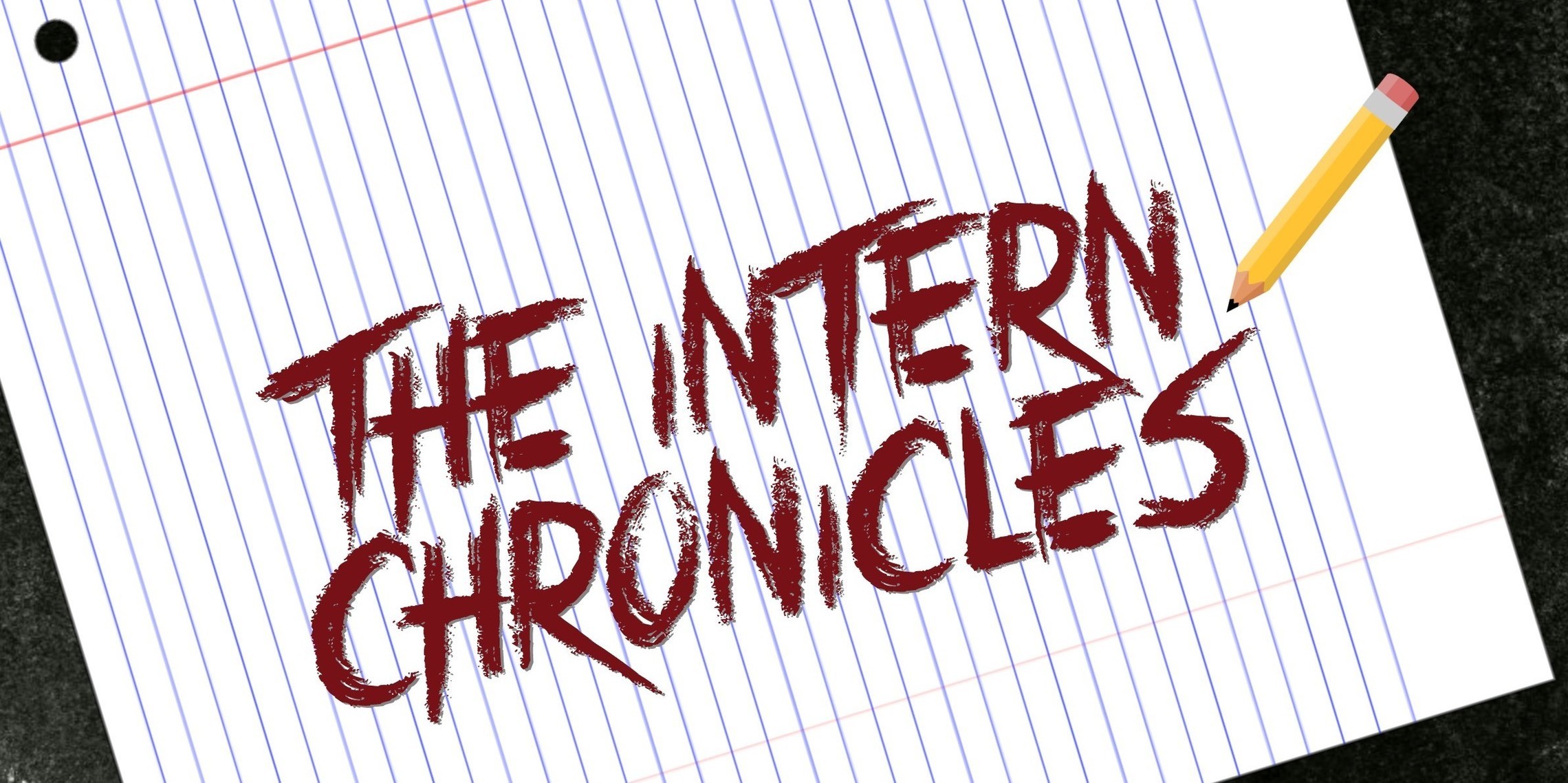

The battle over abortion and birth control in the United States has been raging for nearly a century. A cartoon in the May 1919 issue of Margaret Sanger’s Birth Control Review shows a woman being crushed by a giant roll of paper labeled “Laws Controlling Women’s Bodies.”
“Woman’s body, woman’s choice” is the most common slogan pro-abortionists have used during the entire conflict. Two variations are the indignant demand “What makes you religious fanatics think you can tell me what to do with my uterus?,” and the tiresome chant “Keep your rosaries off my ovaries!”
Interestingly, the first person to make the "woman's body, woman’s choice" argument for abortion was the spiritual father of the “pro-choice” movement, the Marquis de Sade. In 1797, he wrote that "The penalty against child-murdering mothers is an unexampled atrocity. Who then has a greater right to dispose of the fruit than she who carries it in her womb? ... To interfere with the usage a woman chooses to make of it is stupidity carried beyond any conceivable extreme."1
This is an unscientific and emotional response, and should be treated as such.
To begin with, it is impossible to reply directly to this slogan unless we have the user clarify what he or she means by it. All we need to do is ask “Why do you consider the unborn child to be a part of the woman’s body?”
The usual response is momentary hesitation, followed by one of three possible answers;
The fetus (unborn child) relies on the mother completely for its existence;
The fetus is inside her body, therefore it is part of her body; or
The fetus is a parasite
You can give concise and effective answers to each of these.
(1) The unborn child relies on the mother. When asked to clarify, most pro-abortionists will argue that the unborn baby is totally dependent upon the mother. They are implying that this allows the mother the “right” to dispose of her baby.
These are separate arguments and should be treated as such. Certainly a newborn baby is just as dependent upon its parents for all of its needs as one not yet born, and will quickly die if not cared for. Does this mean that the newborn baby can be neglected or killed outright?
Unfortunately, many hard-hearted “intellectuals” have been arguing for decades that it is perfectly permissible to allow handicapped children to die, calling this “fourth-trimester abortion” or “post-natal abortion.”
For example, Nobel Prize winner Dr. Francis Crick, one of the co-discoverers of DNA, has claimed that "No newborn infant should be declared human until it has passed certain tests regarding its genetic endowment, and that if it fails these tests, it forfeits the right to live."2 Hastings Center ethicist Joseph Fletcher has said that "It is ridiculous to give ethical approval to the positive ending of sub‑human life in utero, as we do in therapeutic abortions, but refuse to approve of positively ending a sub‑human life in extremis [after birth]."3
(2) The unborn child is inside the mother. The second assertion is that the unborn child is inside his or her mother, and is therefore part of her body.
However, the unborn baby being inside the mother's body no more makes him or her a part of her body than being inside a car makes one a part of the car, or being in a building makes one a part of that building.
Sometimes a pro-abortionist will try to combine these arguments, saying that the unborn child is inside the mother, depends on her completely, and is therefore part of her body. We can reply by describing an analogous situation involving astronauts in space. They are totally dependent upon their vessel for everything — their air, water, food, and all of their other needs. If they should exit the vehicle unprotected, they would be nonviable, and would die in minutes. This also holds true for a nonviable unborn baby. Yet no thinking person would argue that the astronauts are only one component of their space vehicle, and, as such, are disposable!
Even the staff of Barack Obama, the most pro-abortion President in our nation’s history, recognizes the unborn child as a separate human being. Pregnant women entering the White House must formally register their unborn children as separate visitors, with “Baby” as the first name, expected birth date, sex if known, and even “000-00-0000” as a Social Security number!4
This silly policy demonstrates the totally illogical and schizophrenic nature of pro-abortion “thinking.”
(3) The unborn child as parasite. Pro-abortionists have a pressing need to dehumanize the unborn child in order to salve the guilt they feel when they support the practice of abortion or actually have one. Sometimes they will resort to the “fetus as parasite” argument, going beyond dehumanization to paint the unborn child as some sort of disgusting wormlike abomination draining the blood and life force from its “host.”
Third-trimester abortionist Warren Hern insists in his book Abortion Practice that "The relationship between the gravid female and the feto-placental unit can be understood best as one of host and parasite."5
When pro-abortionists insist that the unborn child is a parasite, they are acknowledging its separate nature, because parasites are never part of their host's body. They are biologically separate and distinct organisms. Anyone denying this fact is simply being anti-scientific.
One way to clarify your point is to ask the pro-abortionist a question. If they went to some underdeveloped part of the world and picked up a tapeworm because they ate some insufficiently cooked food, would they consider that parasite to be a part of their body?
Woman and Child: Separate Bodies, Separate Natures
If an unborn baby were part of its mother’s body, it would share all of her biological characteristics. After all, geneticists can positively identify the individual person from whom a cell came by examining its genetic structure.
In order to highlight the fact that the baby is a separate being, consider these facts, which not even the most ignorant pro-abortionist can deny;
All mothers are obviously female. About half of their children are male. How can a human being be both male and female?
The mother and baby frequently have different blood types.
The baby can be a different race from the mother.
Every cell iin the mother's body has a set of chromosomal characteristics that is entirely distinct from every cell in the baby's body.
When the unborn child anchors to the uterine wall, there is a concerted attack by white blood cells to defeat him, and he must defend himself. The mother's immune system recognizes it as "non-self." Therefore, it is not part of her body.
The baby can die without the mother dying. The mother can die without the baby dying (the baby can be rescued if he is viable.)
The unborn baby initiates a process the culminates in its leaving the mother's body. Challenge a pro-abortionist to name any other body organ that does this.
Conclusion.
Pro-lifers agree that a woman does indeed have the right to control her own body. However, the right to privacy and control over one's body does not in any way imply the right to destroy another person's body. And a woman has already procreated when she has conceived.
For more on this debate topic see the article by Scott Klusendorf.
Endnotes.
The Marquis de Sade, quoted in "Yet another Effort, Frenchmen." Juliette [New York City: Grove Paperbacks, Inc.], 1968, pages 336, 782 and 783. It is interesting to note that de Sade's novels were replete with several recurring themes, one of the strongest of which was the pleasure which certain disturbed individuals derive from killing both pregnant women and unborn children. In one of his grisly and deranged novels, he describes with great relish the skewering of a pregnant woman with a red hot iron rod driven through both her and her unborn baby, as described in Dr. Kenneth M. Mitzner. "The Abortion Culture." Triumph, March 1973, pages 20 to 24.
Nobel Prize winner Dr. Francis Crick. Pacific News Service, January 1978.
HastingsCenterethicist Joseph Fletcher. "Four Indicators of Humanhood?: The Enquiry Matures." HastingsCenterReport, December 1974.
Steven Ertelt. “White House: Abortion OK, but Visitors Must Register Unborn Children.” LifeNews, May 8, 2012.
Abortionist Warren Hern. Abortion Practice. J.B. Lippincott Company, 1984.




